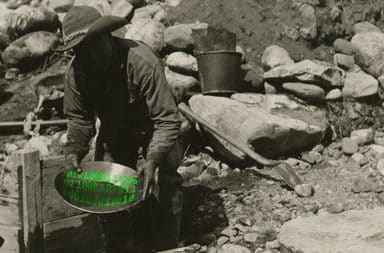Yo yo yo! It's me, the middle-aged adult who writes all of the dialogue in the teen drama you are now watching. People keep telling me the dialogue should have been tested with a focus group of actual teens. But to that I say, “why?!” I know what I’m doing.
Trust me. I mean to awkwardly force modern slang into every episode. The show would have no sense of believability if the characters didn’t constantly talk about “flexing” on each other and “yeeting” between classes. And, of course, these are only samples of the verbal zeitgeist I create in our writers’ room whose median age is forty-seven.
If the teens are living in the present, then why are they always talking about cultural flashpoints of the late ‘80s? I assure you, it’s completely intentional for the protagonists to flip back and forth between Gen-Z colloquialisms and dated references from my own adolescence. Viewers will simply tune out if they’re not in a perpetual state of confusion about which time period the show takes place in.
But my job is about so much more than “talking.” It’s about peeling back the onion to uncover the root of the teen experience. That’s why the show includes zero references to school. Or homework. Or parents. These things don’t matter. Instead, the teens only discuss stuff that’s widely relatable like a local murder they’re working to independently solve or an underground drug ring they’re planning to infiltrate.
And, in spite of never being in class or reading a book of any kind, whenever characters discuss their secret plan, they must suddenly express themselves as if they were possessed by William Faulkner. For example, a real teenager might say, “Sherry is the killer!” But that doesn’t show off my own graduate English degree quite like “the innumerably malevolent despot, formerly known as Sherry, has committed a uniquely macabre offense, as such.” It truly rolls off the young tongue!
Since I’ve been in the industry for decades, I’m not only generations removed from today’s teens, I’m also completely out of touch with what most everyday people want to watch. And that’s why I have such a unique perspective, which I’ve employed on everything from the drama that for some reason reimagines a famous mythological creature as a teenager to all of those gritty reboots of ‘90s sitcoms that keep happening.
Given this extensive on-set experience, I also moonlight as a teen wardrobe stylist when I can. It’s actually pretty easy since I only ever create one of two different looks. If the character is a teenage girl, I make sure to exclusively pull full-laced corsets and red stiletto pumps. And if it’s a teen boy, I buy lots of Hanes T-shirts. But only to be strewn around his bedroom while the actor is actually shirtless. These looks not only help elucidate the characters’ emotional states but also give the director a chance to show off the twenty-eight-year-old actors’ hot bodies.
If that concerns you, wait until you hear about this new YA series I’m pitching. There's truly nothing more profitable than a Bildungsroman or “Bildungs,” which only I say as slang. Accordingly, my novel-turned-film-adaption will focus on a pair of teens who experience something so deeply traumatic that most of the story will be nearly impossible to sit through. Then, somehow, it’ll end with those same characters returning to school just in time for senior prom with no apparent damage to their overall mental health.
It’s just so gratifying to understand teen psychological development in such a clear way. That’s right. I am your best possible mirror into youth culture, and I take that responsibility very seriously.
Oh. Wait. I just looked up “Bildungs” in Urban Dictionary. I actually don’t want to have said that.


